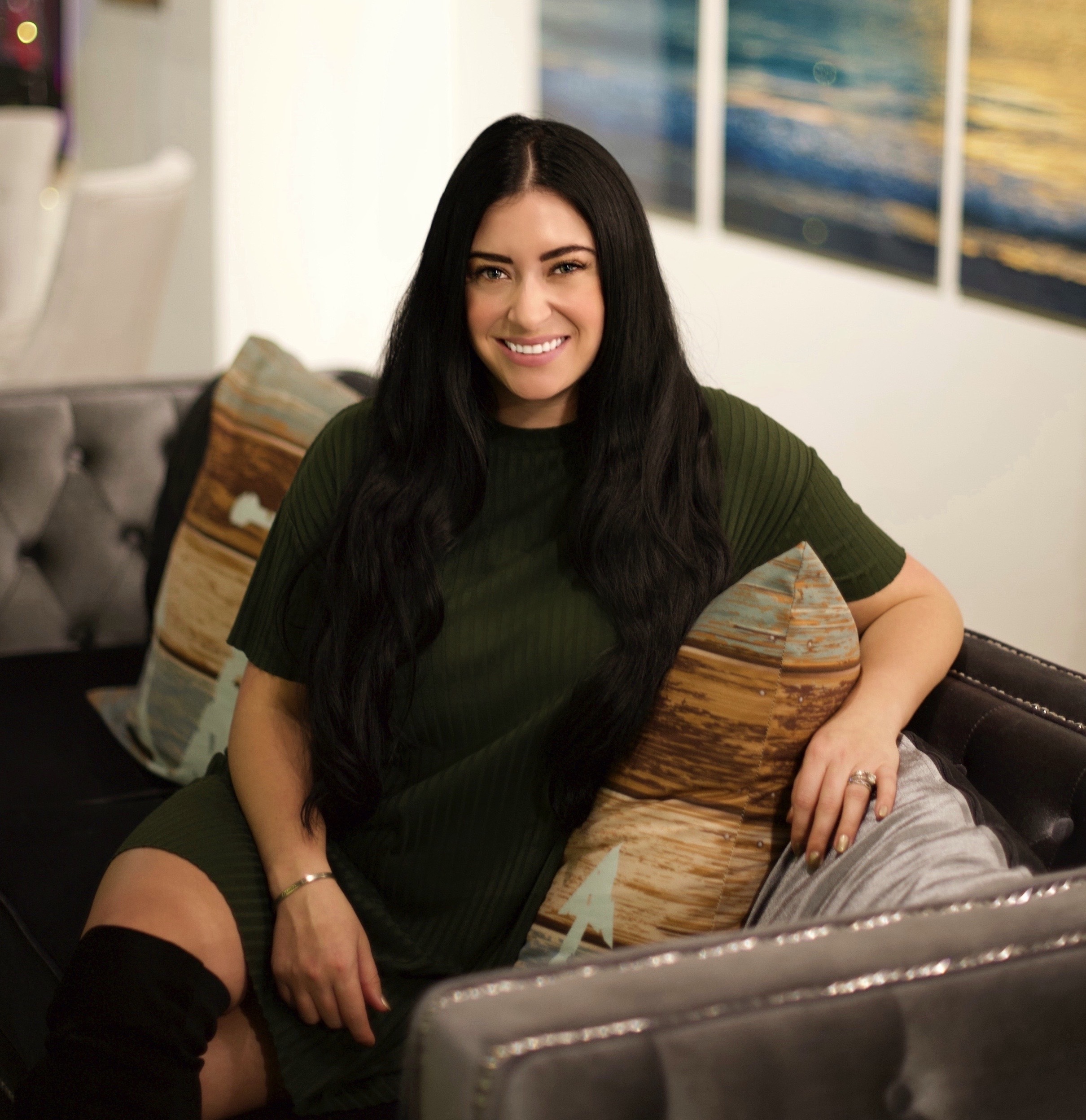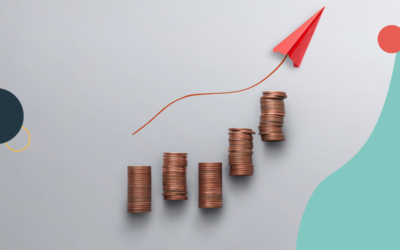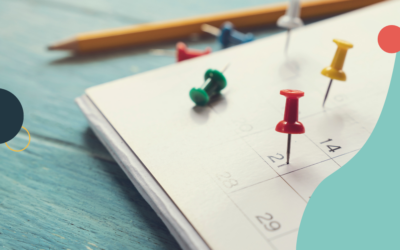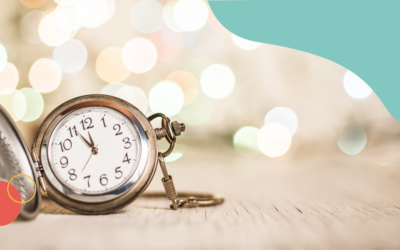A year ago, Claire Beveridge left the corporate world and transitioned into full-time solopreneurship, offering marketing, copywriting, and inbound strategy services. We asked her to share the learnings that she gathered during her first year as a small business owner.
Lessons from Year One as a Full-Time Freelancer
How did you determine that it was the right time to take the leap into full-time freelancing?
Ooh, a great question! After a layoff from a B2B SaaS startup, I was offered a few full-time, in-house roles at other companies, but none felt like the best fit for me. I had a bad experience at my previous job, so I was feeling extra careful about where to place myself next.
Being candid, I had also reached my peak of receiving comments from men who told me, “You’re too aggressive, you’re too confident, you’re too direct.” In my experience, unfortunately, the tech industry has a few bad apples who think it’s okay to use language like this under the guise of “feedback.” All this does is silence women and ensure their voices aren’t heard, respected, or prioritized. I desperately wanted to avoid putting myself in a situation like that again.
So, after some soul-searching and speaking with trusted folks in my network who’d taken the leap to freelance full-time, it felt like the right time to start my own business — and I am so happy I did!
Freelancing has allowed me to work with companies like Hootsuite, ConvertKit, Picnic, Pilothouse, iPullRank, Graphite, and Headroom on various projects related to content marketing and inbound strategy.
A massive benefit of freelancing is it allows me to focus on myself, my family, and our well-being. I don’t have to sacrifice those areas of my life for office stuff like commuting, meetings that could have been an email (we’ve all been there, right?), and the constant ping of Slack.
Having the gift of time has been a game-changer. I’m now someone who goes swimming in the afternoon, takes long walks in the forest when inspiration and creativity are lacking, and devotes time to hobbies such as cooking, hiking, and cycling — without any guilt or anxiety. There’s no one to answer to except me, and that’s incredibly freeing.
What was the process of transitioning from part-time to full-time freelancing?
I’ve been freelancing on and off since 2011, so I felt more than familiar with best practices that would set me up for success. I moved quickly to establish a separate bank account, invoicing and accounting software, a contract, proposal, and SOW template, and Google Workspace.
The transition itself was very simple. I reached out to a few trusted contacts in my professional and personal network, went for some IRL and virtual coffees, and got my first contract a week later.
Fast forward 12 months, and on average I bill $15,000 monthly, sometimes more if I take on ad-hoc projects outside my recurring, long-term contracts. I think sharing information about rates and income is super important — especially as it opens up conversations in the freelance community that help ensure people who are typically underpaid (women, Black folks, disabled folks, LGBTQ2+ community, etc) actually get paid their worth.
Additionally, I choose to work a four-day week and take six weeks of vacation a year. I’m fully booked until Jan 2023 and have a continual business pipeline. I think it’s safe to say that I have zero regrets about my decision.
In what ways did you lean on your community for support during your first year?
The Superpath community has been instrumental in giving me the confidence and tools to go freelance. I value and appreciate the conversations and community that Jimmy Daly has worked so hard to build. I also got more active on Twitter and used the platform to engage with other marketers and small business leaders.
A team of Vancouver-based marketers, including Ali Cameron, Haley Cameron, and Jesse Ringer, were also very supportive and helped rebuild my confidence, along with my good friend and senior PayPal manager, Marin Nelson.
Additionally, Dani Stewart, ConvertKit’s content lead, and Rebecca Staffel, Picnic’s director of marketing, have been inspiring leaders to work alongside during my first year of business, and I value our relationship immensely.
What is the biggest lesson you’ve learned during your first year of full-time freelancing?
Without a doubt, always include a late-payment clause on your invoices. After adding a line about a 5% compound interest charge for every seven days an invoice remains unpaid, I haven’t been paid late once.
Also, figure out when you work at your best. For me, it’s between 8am-2pm. I’m usually up at 6am to workout, drink tea (I’m English, so this is a non-negotiable!), and then dive into my day.
Between 2-4pm I struggle to focus, so I spend this time doing hobbies or seeing friends for coffee. Then, I regroup around 5ish for another hour or two to wrap up the day before shutting down in time to enjoy the evening.
Additionally, I don’t work a full four days in a row — I usually do Monday, Tuesday, Wednesday, and then either Friday or Saturday depending on my mood and what needs to get done. So take the time to figure out a schedule that works best for you, and remember that everyone is different.
What advice do you have for freelancers who are just kicking off their journey?
Apply for the thing even if you’re not sure you can do it. Teach yourself. Take risks. Take on lots of different projects. Build your portfolio. Learn not just how to be amazing at what you do but how to work with clients and earn their trust.
Don’t just meet client expectations, smash them. Deliver consistent value. Learn how to manage a small business (that’s what you are!). Study negotiation tactics. Work hard. Like, really fucking hard — especially if you’re not a cishet white dude. Trust yourself. You have the ability. Don’t be afraid to cut clients or people who mistreat you. Learn the power of “no.”
Use your voice. Support Black women, women of color, trans folks, disabled people, and other marginalized groups. Don’t put people down. Don’t compare yourself to others. Shake off the shitty feedback. Focus on you.
And, lastly, take time off when you need it. Absolutely nothing is more important than your physical and mental well-being. Good luck!




